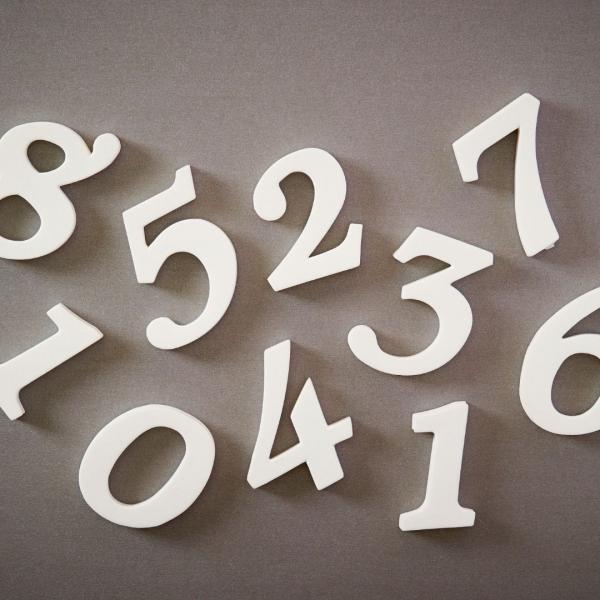Tips on applying for social welfare payments


It’s up to YOU to apply
You may be entitled to certain payments if you have an illness such as cancer. But payments will not be offered automatically to you. It is up to you to apply for them. You or your spouse (wife/husband) or co-habiting (live-in) partner can apply separately for some individual benefits.

Know your PPS number
When you get in touch with the Department of Employment Affairs and Social Protection about benefits or entitlements, they will ask you for your PPS number. This is your personal public service number, previously known as your PRSI number. Always make sure you have this number to hand. If you don’t, they won’t be able take your call.
Means testing means that the Department of Social Protection will look at your cash income, your property, and assets or investments and any other benefits to see if you’re entitled to a mean-tested payment.
Cash income
Cash income includes:
- Wages, including income from part-time employment or farming.
- Any maintenance paid to you.
- Your co-habiting partner’s or spouse’s earnings.
- Any rental income from renting out a room in your own home; any income you get from renting out a property that you own.
In the first two cases, a certain amount of income is allowed before it affects the payment rate.
Property
The value of all your property (minus the mortgage), except your own home.
Capital/investments
Capital/investments includes:
- The value of any stocks, shares, savings or assets you have.
- The first €20,000 of any capital you have is not taken into account. If you are receiving a Disability Allowance, the figure is €50,000.
- Money in the bank, building society, credit union, or actual stocks and shares.
Habitual residence test - Do you live in Ireland?
Some social welfare payments require you to prove that you are habitually resident in Ireland. This means that you have been living in Ireland for some time and intend to stay here for the foreseeable future. You may need to give documents such as proof of an Irish bank account and tenancy agreement or mortgage to prove that you are habitually resident in Ireland.
- PPS numbers for yourself, your spouse and your children.
- Proof of where you live.
- Proof of identity. For example, a passport, driving licence, work permit, immigration (IRP) card.
- Evidence of any income you and your spouse and children have.
- Birth certificates for any children you may be claiming for, if you do not have PPS numbers for them.
- Documents to show your income and financial situation. This includes pay slips, End of Year Statements, bank statements.
Most payments are made by the Department of Employment Affairs and Social Protection or the HSE. There are three main types of payments:
Social insurance payments
Social insurance payments are based on your PRSI contributions (see below). They include Illness Benefit and Invalidity Pension. PRSI contributions are taken from your wages and go towards any ‘benefit’ social welfare payments you may need, for example, Jobseeker’s Benefit and Illness Benefit.
Means-tested payments
Means-tested payments are based on your income being below a certain level. They include Disability Allowance and Supplementary Welfare Allowance.
Universal payments
Universal payments are payments made regardless of your income or PRSI contributions. They do not have to depend on your health or social circumstances. For example, Child Benefit, which is also known as the Children's Allowance.

You can appeal if you think you have been wrongly refused a social welfare payment or you’re unhappy about any decision of a social welfare deciding officer. You must appeal within 21 days of getting the decision on your claim.
Fill in the special Social Welfare Appeals application form, which is available from your local social welfare office or the Social Welfare Appeals Office. You can also explain your appeal in a letter addressed to the Social Welfare Appeals Office.
In your appeal, you must include the following information so the appeals officer can deal with your appeal:
- Your name.
- Your address.
- Your PPS number.
- The type of payment you are claiming.
- The decision you are appealing against.
- The reasons why you disagree with the decision that has been made.
- A copy of the deciding officer’s written decision.
Appeals can take a number of months to process. More information about the Social Welfare Appeals Office is available from your local social welfare office or from the Social Welfare Appeals Office directly. It does not cost anything to make an appeal.
Social Welfare Appeals Office:
Tel: (01) 673 2800
Locall: 1890 747 434
Email: swappeals@welfare.ie
Social Welfare Appeals Website
List of Schemes you cannot appeal
- Back To School Clothing And Footwear Allowance
- Back-To-Work Schemes
- Credits (Award of)
- Free Travel Scheme
- Household Benefits
- Fuel Allowance
- Household Budgeting
- Overpayment (recovery under Code of Practice)
- Part-time Job Incentive
- PRSI Refunds
- School Meals
- Back To Education Allowance
- Community Welfare Services
- VTOS (Department of Education)
- Supplementary Welfare Allowance Exceptional Needs & Urgent Needs Payments
The Irish Cancer Society partners with Community Law and Mediation to offer a monthly free legal advice clinic to cancer patients and their families who have been refused a social welfare payment or medical card and wish to appeal the decision.
Call our Support Line 1800 200 700 for more information.
For more information
Phone
1800 200 700




